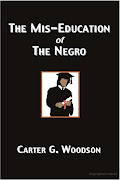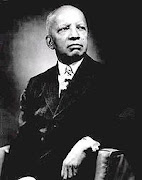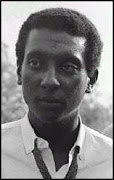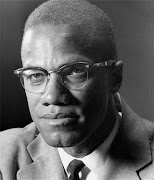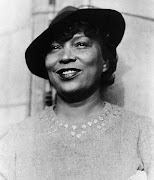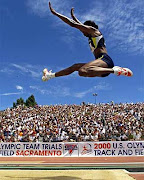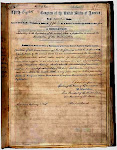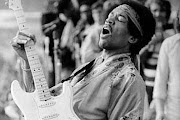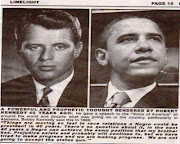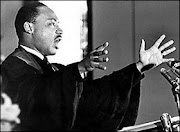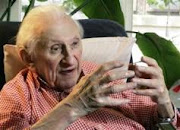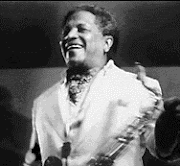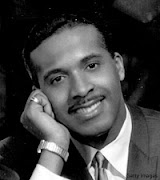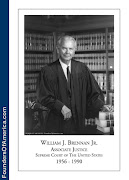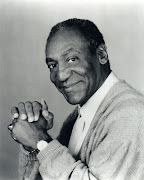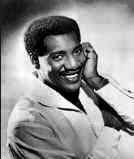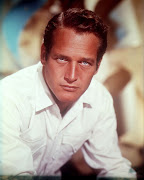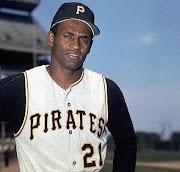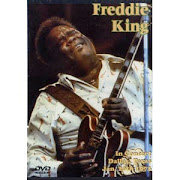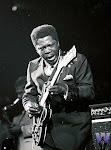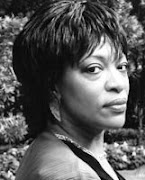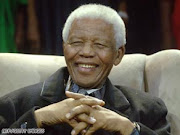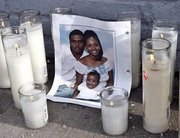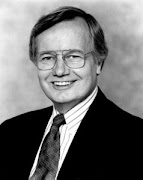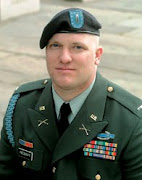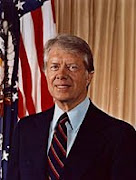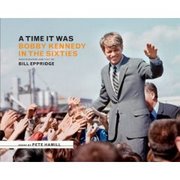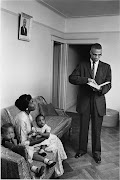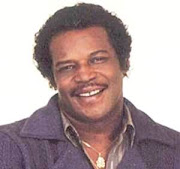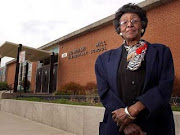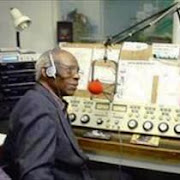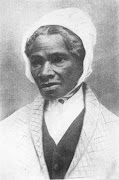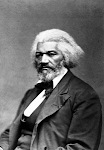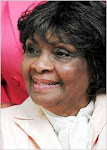 "With the people, for the people, by the people. I crack up when I hear it; I say, with the handful, for the handful, by the handful, cause that's what really happens."
"With the people, for the people, by the people. I crack up when I hear it; I say, with the handful, for the handful, by the handful, cause that's what really happens."--Fannie Lou Hamer
Mrs. Fannie Lou Hamer, The Majorette
by
![]()
A hero becomes some, some become a hero
Making a difference, aside putting their ego
Life’s struggles, issues so many were forced
To pursue, eradicate, many others coerced
There was no back seat in Mrs. Fannie Lou Hamer,
Confronting all, a manner, no one would blame her
With determination, her destiny to fulfill
Being unstoppable, even when feeling ill
Twelve sisters and brothers, her family had
With little education, she was a curious lad
Noting the difference between Black and White
Her spirit knew, this couldn’t be right
Going to church was barren, just routine
Sunday after Sunday, no changes to be seen
William Chapel was beginning to attest
Martin Luther King, our determination rest
Perry Hamer, her husband, backbone and tower
Never wavering, stood still, every devoted hour
All good privileges, appeared out of sight
But she was determined to make things right
Being sick and tired of being sick and tired
Changing the System, proved no easy ride
The Winona jail beatings, humanly horrific, bad
Standing for equal rights, made the police mad
Mrs. Hamer took abuse, suffered beatings long enough
But life before Civil Rights struggles was also rough
She was beaten for no apparent reason
As if she had committed a crime, treason
She suffered a lot, but proudly stood still
Not letting no one break her stride, her will
Marchings, lynchings, bus rides did not deter
With faith, fight, support, Ruleville got better
Joining SCLC, to bring about a better change
The more she did, the more she got a name
Voting rights, equal rights, she fought to pass
Determined these denials would not last
Beatings and jailings, her course she remain
Determined to tell the world, Mississippi ’s game
People being denied rights to vote and just live
Always the Negro denied and had to give
With determination, she went from the cotton fields
To the Halls of Congress to eradicate the ills
Born into family of sharecroppers, seeking a better way
Hard work, no rights, forced her to stand one great day
She stood this day, determined she had something to say
June Johnson, Ivesta Simpson, Lawrence Guyot, Annelle Ponder
And Ms. Hamer suffered atrocities, unveiled publicly like thunder
The National Democratic Convention, she truthfully spoke
The World was alarmed, on the details nearly choked
People in the southern town, a better life so held back
By chicken eating preachers, no teaching teachers who lacked
She ran for office of State Senate
Didn’t win, Charles McLaurin go in it
Freedom Farm was dear to her heart
Feeding the hungry from the upstart
MFDP fought a strong, courageous fight
Identifying wrongs, to make them right
Many fought and died, names untold
Just like our forefathers, transported and sold
Medgar Evers, James Chaney, Michael Swerner, Andrew Goodman
Gave their lives, fought tirelessly, in spite of the Ku Klux Klan’s men
NJ, Washington , Chicago , MFDP convention she attended
Just to be seated required much effort, much amendment
Credentials committee, the President, Hoover , had to see
We was determined not to let things remain and be
Some enslaved, while others are free
Not the way, God intended to be
FBI and Justice Department, did a lot to stop
But she was determined to reach the top
Being seated at the convention, sent many for a swirl
We’re here, “ America is home, like the rest of the world.”
![]()

























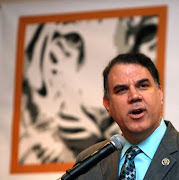


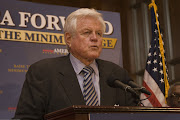


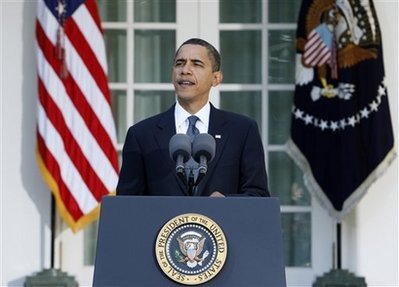





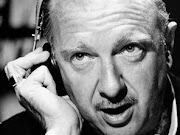
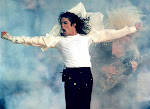

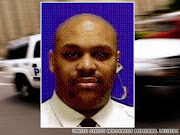
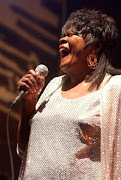
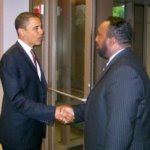




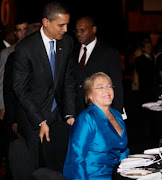


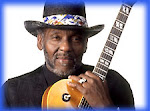
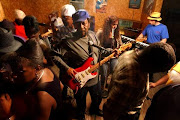

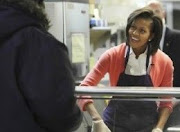

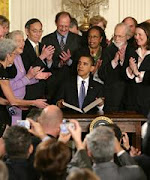







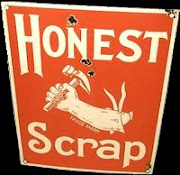





.gif)


